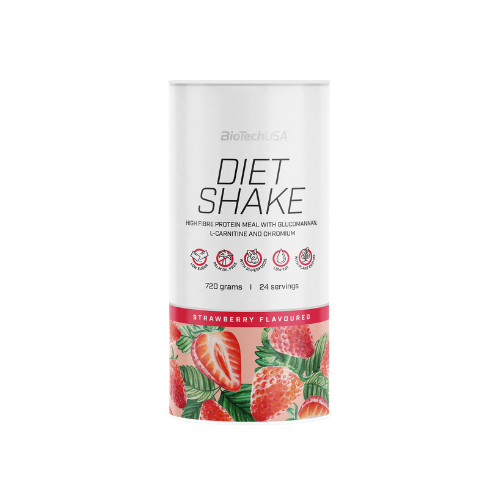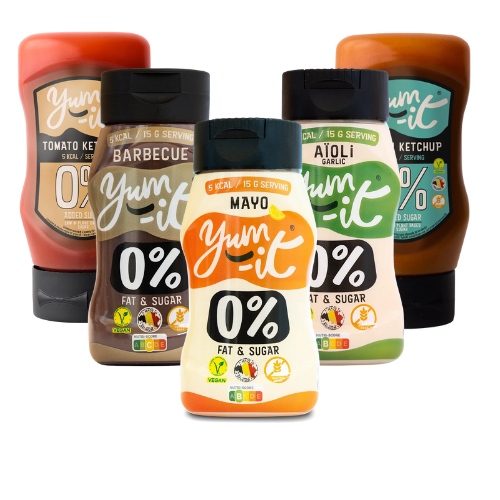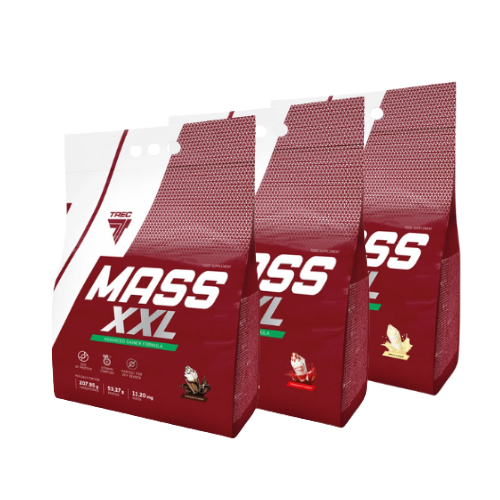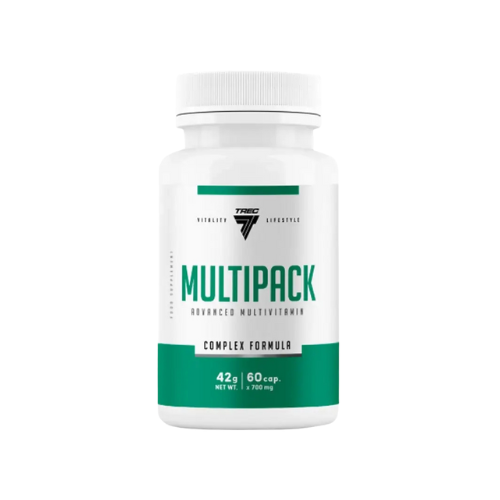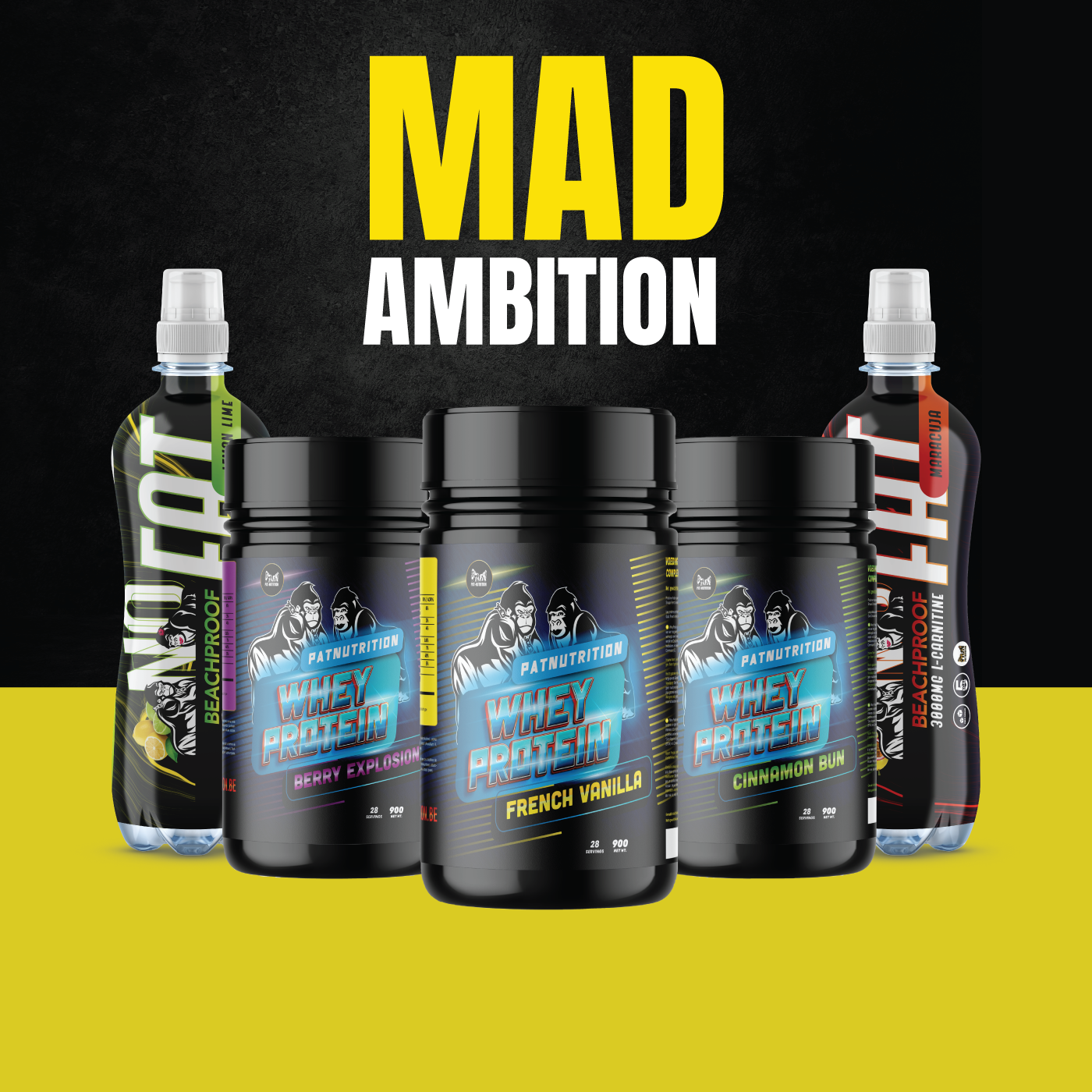Protein water: advantages and disadvantages explained
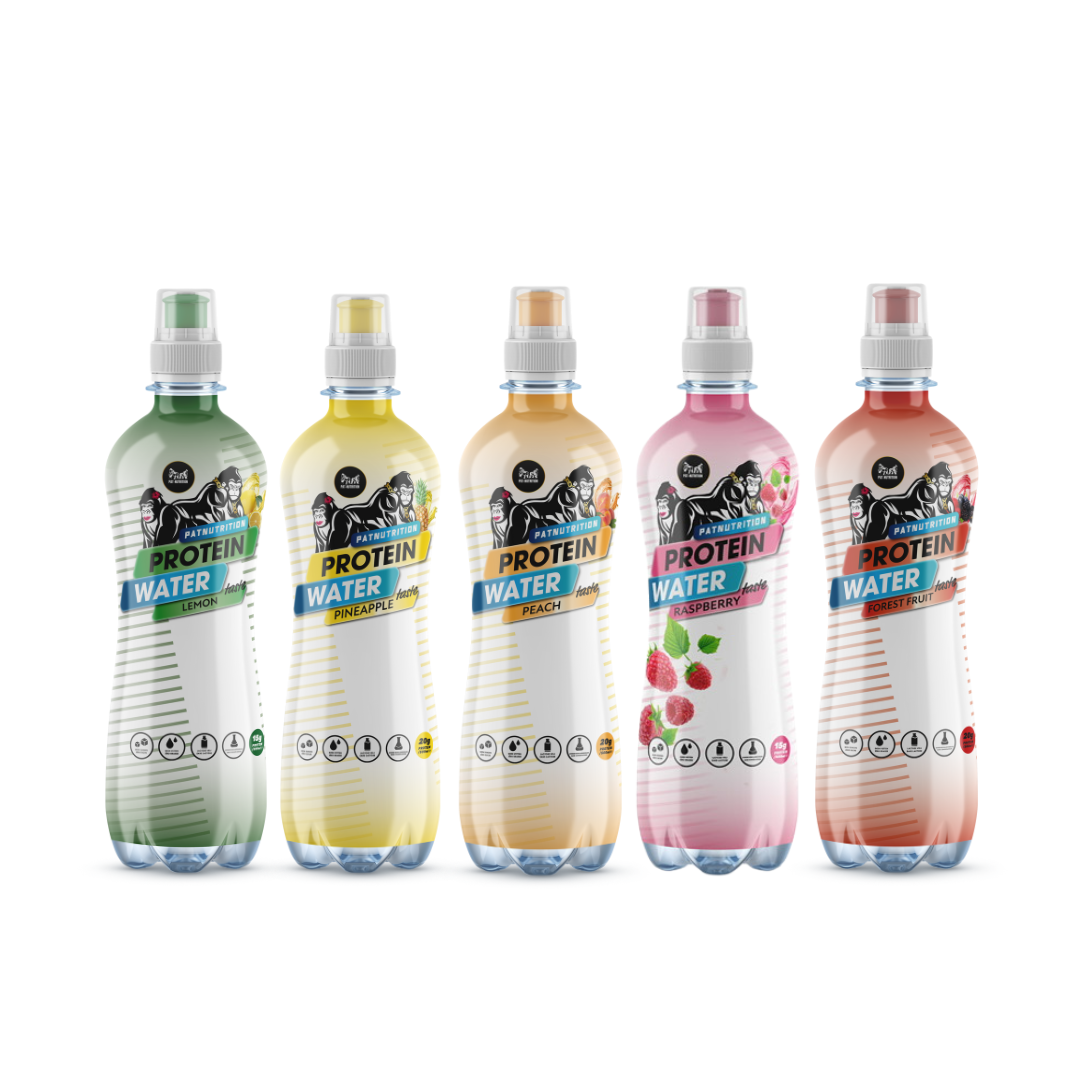
Protein water: benefits and drawbacks explained
Introduction
Proteins are essential for muscle recovery, growth, and a healthy body. In addition to classic protein shakes, you increasingly see protein water on the shelves nowadays. But is it really as healthy and effective as it sounds? In this article, we will examine the main benefits and drawbacks of protein water, so you know if this product aligns with your goals.
What is protein water exactly?
Protein water is simply water with added protein, usually derived from whey isolate or a plant-based source. It is intended as a light, refreshing way to increase your protein intake without heavy shakes or extra calories.
Typically, one bottle of protein water contains:
-
15 to 20 grams of protein
-
Virtually no fats or carbohydrates
-
Little to no sugar
-
Often enhanced with flavorings or sweeteners
The benefits of protein water
1. Easy and quick
Protein water is ready-to-drink and does not need to be mixed, making it ideal for on-the-go or right after your workout.
2. Low in calories and sugars
Unlike traditional protein shakes, protein water often contains hardly any calories or sugars, making it perfect for those looking to cut or lose weight.
3. Refreshing alternative
Many athletes find traditional shakes heavy or creamy. Protein water is a lighter, more thirst-quenching option, especially on hot days.
4. Simple protein boost
Without having to consume a full meal, you can easily get your protein intake.
The disadvantages of protein water
1. Less satiating
Because it mainly consists of water and protein, protein water provides less of a feeling of fullness than a classic protein shake or protein-rich meal.
2. Often more expensive per gram of protein
In comparison to regular whey powder, you pay more per gram of protein for protein water due to processing and packaging costs.
3. Added sweeteners and flavorings
Not everyone is a fan of the taste of artificial sweeteners that are often used in protein water. Pay close attention to the label if you prefer natural ingredients.
4. Limited protein types
Usually, only whey isolate is used, which is not suitable for everyone (for example, in the case of lactose intolerance).
When does protein water suit you?
Protein water is ideal if:
-
You are looking for a light, quick source of protein after exercising
-
You are following a calorie-conscious or sugar-free diet
-
You find regular protein shakes too heavy or creamy
-
You want to easily get protein on the go or at work
For those who are serious about muscle building, a combination of nutrition and traditional shakes often remains more advantageous and effective in terms of price-quality.
Conclusion: protein water – a convenient supplement with points of attention
Protein water certainly has its place within a sporty and healthy diet. It offers convenience, low calories, and a refreshing alternative. Do pay attention to the price, the amount of protein per bottle, and the ingredient list. As a conscious athlete, it is best to choose a protein water with as few unnecessary additives as possible and a good protein content.
👉 Looking for quality protein water?
Check out the range from Pat-Nutrition here: tested for taste, free from unnecessary sugars, and ideal for any sports moment.


